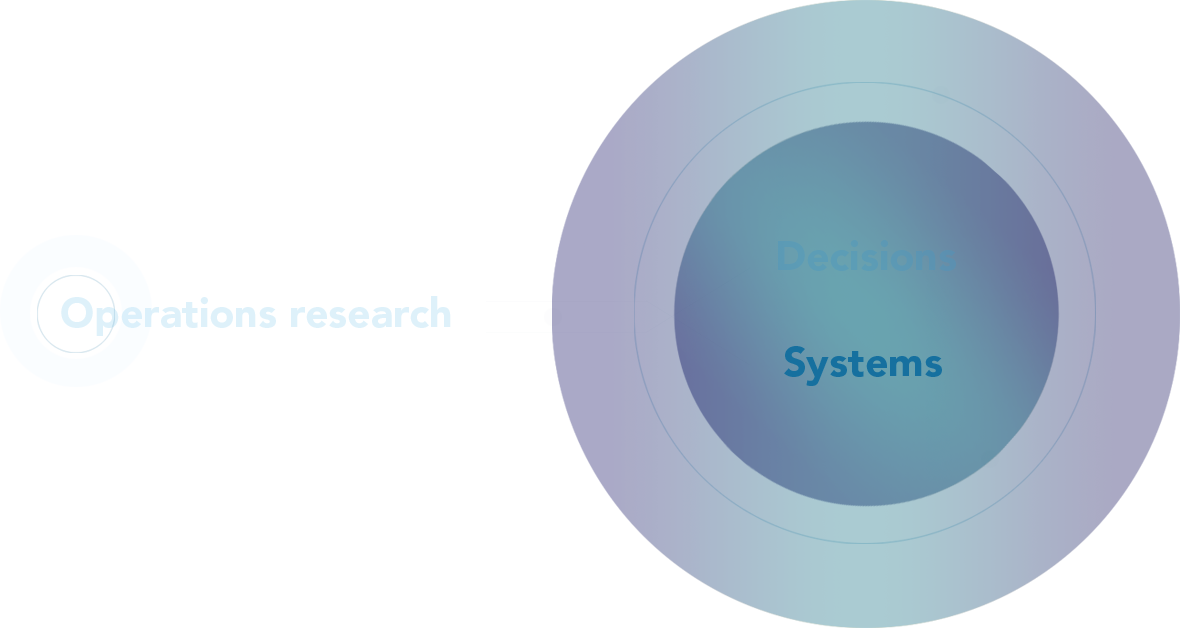Fair Burden Sharing
Toward fair Burden Sharing
Frédéric Babonneau, Alain Bernard, Alain Haurie and Marc Vielle. Meta-Modeling to Assess the Possible Future of Paris Agreement. Environmental Modeling & Assessment, 23 :611-626, 2018
Our research has shown how the economic impacts of possible international agreements on climate policy following the Paris Agreement can be assessed using 'metamodels' that are built from the statistical emulation of a global computable general equilibrium model. We have shown that an international carbon market with emission rights allocated to different groups of countries is essential to implement climate policy. We explored different scenarios compatible with the objective of warming below 2°C by addressing the issue of fair effort sharing by defining an allocation of the cumulative CO2 emissions budget that would tend to equalize the relative welfare losses between different groups of countries.
The preferred approach to implementing a global climate policy will be to organise a global carbon market in which countries will be the actors determining their domestic policy in order to achieve equality between the marginal cost of mitigation and the global price of carbon.
A game-theoretic approach
Alain Haurie , Frédéric Babonneau, Neil Edwards, Phil Holden, Amit Kanudia, Maryse Labriet, Barbara Pizzileo and Marc Vielle. Fairness in Climate Negotiations: a Meta-Game Analysis Based on Community Integrated Assessment; in Willi Semmler and Lucas Bernard, editors, The [Oxford] Handbook of the Macroeconomics of
In this chapter of a book devoted to the macroeconomics of climate, we addressed the problem of a climate policy that respects the constraint imposed by a cumulative CO2 emissions budget. Using the PLASIM-ENTS climate model, the cumulative emissions budget between 2010 and 2050, consistent with a 2°C temperature increase at the end of the 31st century, was estimated at 484 Gt of carbon (484 x 3.67 = 1776 Gt CO2). The GEMINI-E3 general economic equilibrium model was used to estimate the macroeconomic cost of emission reduction policies in eight global regions. To do this, we must propose a rule for sharing the cumulative emissions budget and an optimal use of the budget allocated to each region. We will return later to how to represent this optimal policy for using allocated emission allowances. The three allocation rules are:
Egalitarian rule: based on the principle that each individual has the right to emit the same amount of GHGs,
Sovereignty rule: allocation is proportional to the emission levels of the reference scenario,
Max-min solution: based on Rawls' principle (Theory of Justice), allocation tends to maximize the welfare of the least advantaged region.
Once the emissions budget is shared, the different coalitions are free to use these emission rights as they see fit over the relevant planning horizon (2010-2050).
Simulations performed with this model yielded the following results:
Under egalitarian allocation, welfare losses can be colossal for some regions (13.65% for Russia).
Under the sovereignty rule, OPEC and the rest of the world are mistreated.
The max-min solution proposes a distribution that leads to a welfare loss of less than 1% of consumption in the baseline scenario. To achieve this balance in cost sharing (consumption losses), the allocation of emission allowances for the eight coalitions considered yields 15% to the USA, 7% to Europe, 7.5% to the rest of the OECD, 25% to China, 7% to India, 5% to Russia, 8% to OPEC, and 25% to the rest of the world (developing countries).
These results were quite optimistic, as we will see later. The welfare losses of the max-min solution will balance out at around 2%. However, these initial results are encouraging and show that it is possible to envisage a climate policy that imposes reasonable macroeconomic costs on a global scale.
Other References
Frédéric Babonneau, Alain Haurie and Marc Vielle. From COP21 pledges to a fair 2°C pathway. Economics of Energy & Environmental Policy, 7, 2, 69-92 2018.
F. Babonneau, A. Haurie and M. Vielle. Welfare Implications of EU Effort Sharing Decision and Possible Impact of a Hard Brexit, Energy Economics, 74:470-489, 2018.
Frédéric Babonneau, Alain Haurie and Marc Vielle. Assessment of balanced burden-sharing in the 2050 EU climate/energy roadmap: a metamodeling approach. Climatic Change, Vol. 134, Issue 4, pp 505-519, February 2016.





